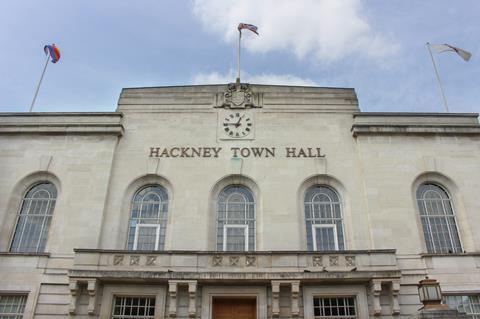A special investigation into the local authority identified service failures across repairs, responding to vulnerabilities and information management
The Housing Ombudsman said Hackney Council must not exaggerate changes it has made to improve its poor performance in a new report published today.

The watchdog conducted a special investigation into the local authority’s landlord services prompted by a high level of maladministration and severe maladministration findings, with poor practice found in 79% of complaints.
Richard Blakeway, Housing Ombudsman, said: “The pressure for improvement has sometimes created a ‘positivity prism’ which has overstated changes compared to the reality experienced by residents. This could go some way to explain the root cause of the landlord’s problems. It must ensure its mindset does not prevent real learning and reflection, including from complaints, to achieve its ambitions.”
The investigation revealed multiple missed opportunities to identify the root causes of service failures, which left an elderly tenant without heating and hot water for seven weeks, another without electricity using candles for light and a resident who experienced flooding after their case was marked complete.
It also identified risk assessment and prioritisation, responding to vulnerable residents and knowledge and information management as problem areas.
>>See also: Four more local authorities breach new consumer standards
Guy Nicholson, deputy mayor and cabinet member for housing management and regeneration, said: “On behalf of the council I apologise for this shortfall and reassure both tenants and the Housing Ombudsman that Hackney Council is fully committed to improving the service it provides as a landlord to the homes it has responsibility for.
“It is heartening to note that the Housing Ombudsman recognises the commitment of housing officers in delivering services to tenants, acknowledges the Council’s work to implement its service improvement plan and the introduction of a better approach to support residents with additional needs to live in their homes.
“The Housing Ombudsman has investigated a range of cases that had affected tenants from two years ago which predated the implementation of the council’s own internally led service improvement plan.”
The Ombudsman acknowledged that the local authority has “faced significant challenges”, including the Covid-19 pandemic, inner city demand, ageing homes and insufficient budgets.
It was also the target of a cyber-attack in 2020, which senior management “referred to repeatedly throughout the investigation as a reason for the lack of progress across the issues investigated,” according to the Ombudsman. This is despite operational staff reporting that data and systems issues pre-dated the cyber attack.
The Ombudsman reviewed 49 complaints during the investigation and visited the council in late 2024.
Blakeway continued: “We met officers who were often trying to deliver services with little structure, procedure, systems or data to support their work. From the evidence we have heard and seen, the good work achieved was happening despite the landlord’s structures and systems rather than because of them.”











No comments yet